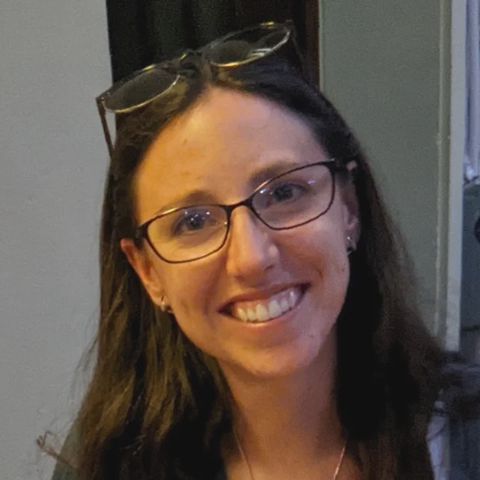Eszter Iklódi
Short Bio
Eszter Iklódi is a PhD student at the Research Unit of Databases and Artificial Intelligence at TU Wien since 2021. In her first PhD year she was a project assistant working on the BRISE project where she developed a rule-based system for the automatic extraction of rules from the zoning plan of the City of Vienna. In her second year she started a university assistant position where she focuses on explainable information extraction from natural language text. Between 2023 and 2025 she was in maternity leave.
She holds a BSc degree (2016) and an MSc degree (2018) from the Budapest University of Technology and Economics (Hungary) in Computer Engineering. During her master, Eszter spent one year at the Universitat Politècnica de València (Spain) where she also completed her Master’s thesis on semantic technologies for natural language processing (NLP). Before joining TU Wien, she worked 2,5 years as a software consultant at TNG Technology Consulting in Munich.
Her current research focuses on the Open Information Extraction (OIE) task which aims to extract structured information from unstructured text sources, usually as a relation with its arguments in a tuple form, called triplet.
PhD Project - Open Information Extraction using HRG
Supervised by Allan Hanbury
Eszter’s research focuses on developing explainable AI systems for natural language processing. Current state-of-the-art systems rely mostly purely on deep neural models, pretrained language models or large language models that can perform surprisingly well on various tasks but they remain a black-box when it comes to explainability and suffer from hallucinations – a problem that cannot be neglected for certain applications (e.g. in law or medicine domain) where human rights or lives are at risk. Eszter is developing systems that are rule-based therefore always transparent. Since such methods often do not perform well enough to achieve state-of-the-art performance on a wide variety of tasks, she also tries to combine her methods with best-performing systems to mitigate their above mentioned drawbacks. Currently, she is working on Open Information Extraction (OIE). She uses dependency graphs with part-of-speech (POS-tag) information as an intermediary representation, on which she learns hyperedge replacement grammars (HRGs) to extract possible predicate-argument relations.
Publications and Conferences
Conference Proceedings
- Kovács, Á., Gémes, K., Iklódi, E., & Recski, G. (2022, October). Potato: explainable information extraction framework. In Proceedings of the 31st ACM International Conference on Information & Knowledge Management (pp. 4897-4901). 10.48550/arXiv.2201.13230
- Castro-Bleda, M. J., Iklódi, E., Recski, G., & Borbély, G. (2019). Towards a Universal Semantic Dictionary. Applied Sciences, 9(19), 4060. 10.20944/preprints201907.0336.v1
- Recski, G. A., Iklódi, E., Pajkossy, K. A., & Kornai, A. (2016). Measuring semantic similarity of words using concept networks. Association for Computational Linguistics. 10.18653/v1/W16-1622
Journal Papers
- Recski, G., Iklódi, E., Lellmann, B., Kovács, Á., & Hanbury, A. (2024). BRISE-Plandok: A german legal corpus of building regulations. Language Resources and Evaluation, 1-40. 10.21203/rs.3.rs-2717413/v1


